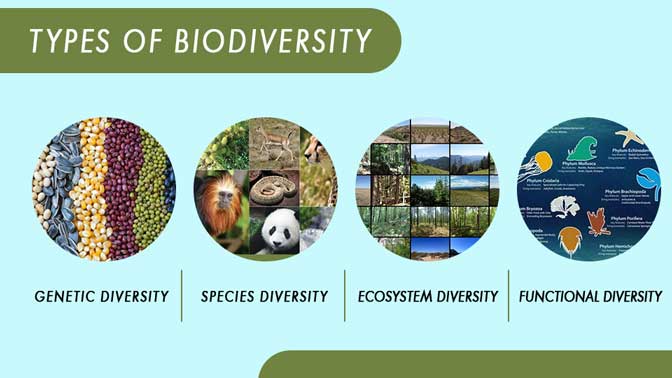
Welcome to Jangkrik.ac.id, your go-to online platform dedicated to educating and inspiring people about the importance of preserving ecology and biodiversity. As an Ecology Learning Center, we are on a mission to provide comprehensive and easily accessible resources for anyone looking to deepen their understanding of ecology and the vital role it plays in maintaining the delicate balance of nature. We believe that by spreading awareness and fostering a deeper appreciation for the wonders of our natural world, we can all contribute to creating a harmonious coexistence between humanity and the diverse life forms that share our planet. At Jangkrik.ac.id, we are passionate about showcasing the beauty and complexity of ecosystems, highlighting the intricate web of connections that sustain life on Earth. Join us on this journey of exploration and discovery as we delve into the fascinating realm of ecology and biodiversity. Let’s celebrate the richness of nature and strive to be responsible stewards of our shared home.
Importance of Biodiversity
Jangkrik
In our natural world, biodiversity is essential for the resilience of ecosystems. The variety of different species, from plants to animals to microorganisms, all contribute to the delicate balance that ensures the functioning and stability of our environment. Biodiversity enables ecosystems to adapt to changing conditions and recover from disturbances, making it a fundamental aspect of ecological sustainability.
Each species within an ecosystem plays a unique role and contributes to the overall health and functioning of the environment. The intricate web of interactions between species, known as ecological interactions, is what maintains the stability and productivity of ecosystems. By preserving biodiversity, we safeguard these interactions, ensuring the continued provision of ecosystem services that are vital for human well-being, such as clean air, water, and food.
Moreover, biodiversity is a source of inspiration and discovery for scientific innovation and advancements. Many of the medicines we use today, as well as materials and technologies, are derived from the rich genetic resources found in diverse ecosystems. By protecting and valuing biodiversity, we are not only preserving the natural world but also unlocking potential solutions to challenges facing humanity now and in the future.
Ecology in Action
Jangkrik.ac.id promotes hands-on experiences in the field to showcase the practical application of ecological principles, emphasizing the intricate connections between different elements in nature. Through engaging workshops and field trips, participants gain a deeper appreciation for the interdependence of various species and habitats.
By actively involving the community in restoration projects, we witness firsthand the positive impact of biodiversity conservation efforts. Planting native species, restoring degraded landscapes, and implementing sustainable practices are just a few ways individuals can contribute to enhancing ecological resilience and safeguarding our planet’s natural heritage.
The collaborative spirit fostered by Jangkrik.ac.id’s initiatives further highlights the importance of collective action in preserving biodiversity. Through partnerships with local organizations and government agencies, we amplify our impact, demonstrating that by working together, we can create a more sustainable future for all living beings.
Challenges in Conservation
Conservation efforts face various challenges in today’s world. One significant challenge is habitat loss due to human activities such as deforestation, urbanization, and agriculture expansion. These actions lead to the destruction of natural habitats, displacing many species and disrupting the delicate balance of ecosystems.
Another obstacle to conservation is the impact of climate change on biodiversity. Rising global temperatures, changing precipitation patterns, and more frequent extreme weather events all pose significant threats to various plant and animal species. This disruption in climate patterns can result in the loss of habitats, affecting the survival and reproduction of many organisms.
Additionally, the illegal wildlife trade remains a critical challenge for conservationists. Poaching, trafficking, and smuggling of endangered species not only reduce their populations but also disrupt entire ecosystems. The demand for exotic pets, traditional medicines, and luxury goods drives this illicit trade, making it essential to strengthen enforcement efforts and raise awareness about the consequences of wildlife trafficking.


